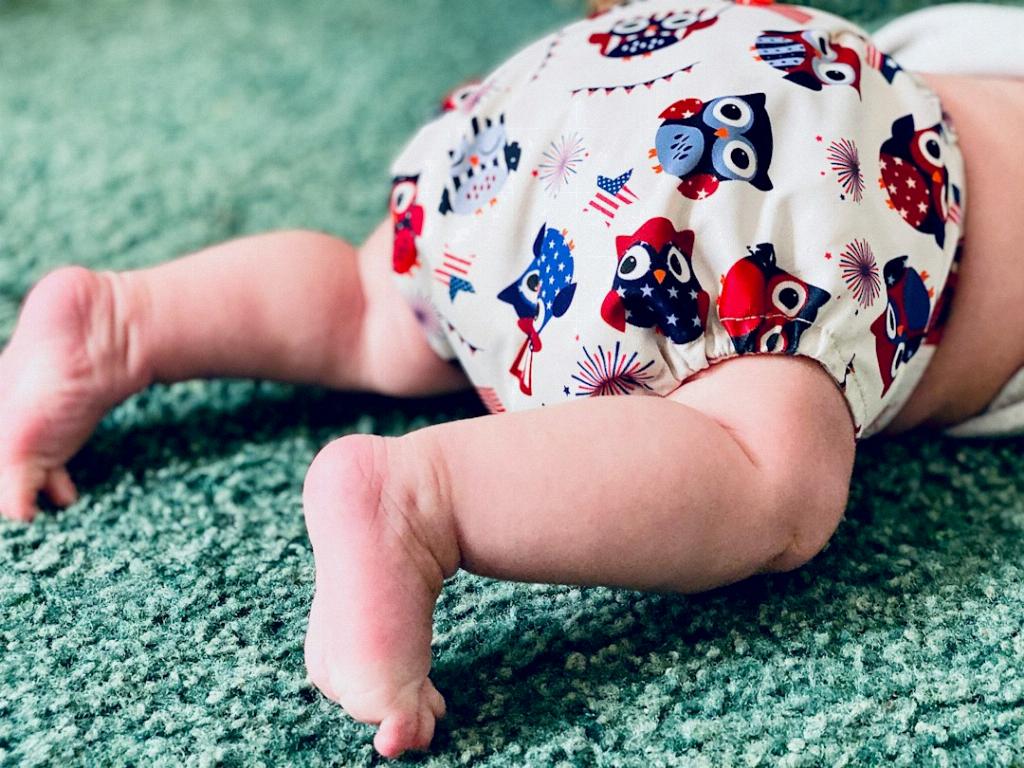When it comes to ensuring a peaceful night’s sleep for your baby, one of the key factors to consider is the type of diaper they wear. Overnight diapers have gained popularity due to their super-absorbent nature, which helps in keeping your baby dry throughout the night. While not every child may necessarily require overnight diapers, they can be a game-changer for many parents.
The Importance of Sleep for Babies
Quality sleep is crucial for the overall health and well-being of babies. Adequate rest promotes growth, development, and cognitive function. Disruptions during the night, such as waking up due to a wet diaper, can not only impact the baby’s sleep but also disrupt the parents’ rest, leading to a cycle of fatigue and crankiness.
Understanding Overnight Diapers
Unlike regular diapers, overnight diapers are designed with additional layers of absorbency to provide extended protection against leaks. These diapers are specifically crafted to handle higher volumes of liquid, making them ideal for overnight use when diaper changes are less frequent.
The Benefits of Overnight Diapers
One of the primary benefits of using overnight diapers is their ability to keep your baby dry for longer periods. This can help prevent skin irritation and discomfort caused by prolonged exposure to moisture. Additionally, by minimizing leaks, overnight diapers can reduce the chances of waking your baby up in the middle of the night.
Preventing Midnight Changes
With regular diapers, parents often find themselves changing their baby’s diaper multiple times throughout the night. This not only disrupts the baby’s sleep but also results in sleep deprivation for the parents. Overnight diapers can significantly reduce the need for these nighttime changes, allowing everyone to rest more peacefully.
Finding the Right Fit
When considering overnight diapers for your baby, it’s essential to choose the right size and fit. A diaper that is too small can lead to leaks, while a diaper that is too large may not provide a snug fit. Ensuring the correct sizing will optimize the effectiveness of the overnight diaper.
Cost-Effectiveness
While overnight diapers may come at a slightly higher price point than regular diapers, their effectiveness in providing extended protection can outweigh the cost. By reducing the number of diaper changes during the night, parents may find that they use fewer diapers overall, making overnight diapers a cost-effective solution.
Parental Peace of Mind
Knowing that your baby is comfortably dry and protected throughout the night can offer parents peace of mind. The assurance that your baby is sleeping soundly without interruptions due to wetness can alleviate stress and allow for more restful nights for the whole family.
Consultation with Healthcare Providers
If you are unsure whether overnight diapers are suitable for your baby, it’s always a good idea to consult with your child’s healthcare provider. They can provide personalized recommendations based on your baby’s specific needs and help you make an informed decision regarding the use of overnight diapers.
Conclusion
In conclusion, overnight diapers can indeed be beneficial in providing an uninterrupted night’s sleep for both babies and parents. With their high absorbency, leak protection, and comfort features, overnight diapers offer a practical solution for ensuring a peaceful and restful night for your little one. Consider giving them a try to see the positive impact they can have on your nighttime routine.

